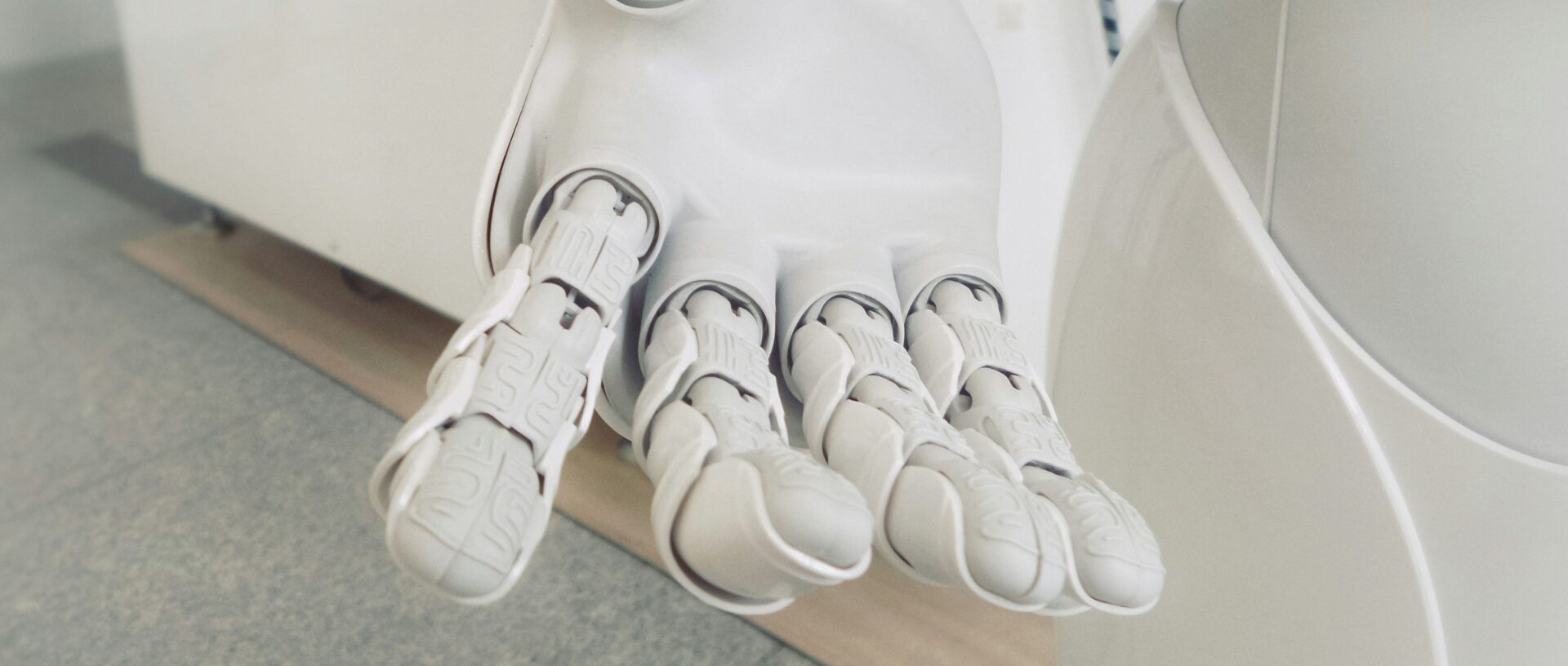
While the cost-of-living crisis has impacted every home, the ramifications have been considerably greater for those households on lower incomes. In the UK, millions of low-income households are now going without essentials, such as food or heating, and find themselves forced to take on high-cost debt to live comfortably.
Almost 3 in 4 (72%) households with Universal Credit deductions went hungry in the last 30 days.
Savanta ComRes worked alongside the Joseph Rowntree Foundations (JRF) to survey over 4,000 households in the lowest 40% of incomes between May and June 2022. The results showed half (45%) of low-income households have gone without, or have skipped, meals because there was not enough money to feed everyone in the household. This amounts to 5.2 million low-income households missing essential meals. Moreover, three quarters (76%) are going without more than one essential, which includes food, heating, pain relief and toiletries.
These low-income households are at great risk of falling behind on bills such as rent, utility bills and council tax. Notably, 40% (4.6 million) of low-income households found themselves in arrears on at least one type of bill or borrowing repayment.
In late May/early June 2022, total arrears from personal borrowing rested at £3.8 billion for low-income households. This includes personal borrowing from personal loans to more extreme means such as borrowing with very high-cost credits via doorstep loans and illegal lending through loan sharks.
Whereas arrears have increased across the board, the rise in energy bills is very evident. Almost 1 in 5 (17%) of low-income households are in arrears on energy bills, an increase of 25% from October 2021.
With bills expected to continue rising into the colder months, this is likely to facilitate a larger proportion of low-income households taking on high-cost credit loans to cover increased bills. This is a particular area for concern given that 1 in 5 (19%) of low-income households owe £3.5 billion of debt to high-cost lenders as of June 2022.
For families in receipt of benefits, benefit deductions are creating further pressures. The data highlighted that almost 3 in 4 (72%) households with Universal Credit deductions went hungry in the last 30 days, while just under a third (29%) have visited a food bank.
In response to this worsening crisis, JRF has called for clear policy recommendations, including:
- The UK Government to stop deducting benefits at an unaffordable rate
- Increase basic Universal Credit entitlements to ensure people can afford the essentials
For further reading, the full report – Not heating, eating or meeting bills: managing a cost-of-living crisis on a low income – is available here
Savanta ComRes surveyed 4,046 UK adults aged 18+ in households in the lowest 40% of equivalised household income online between 24 May and 7 June 2022. Data were weighted to be representative by age, gender, region, ethnicity, and housing tenure.





